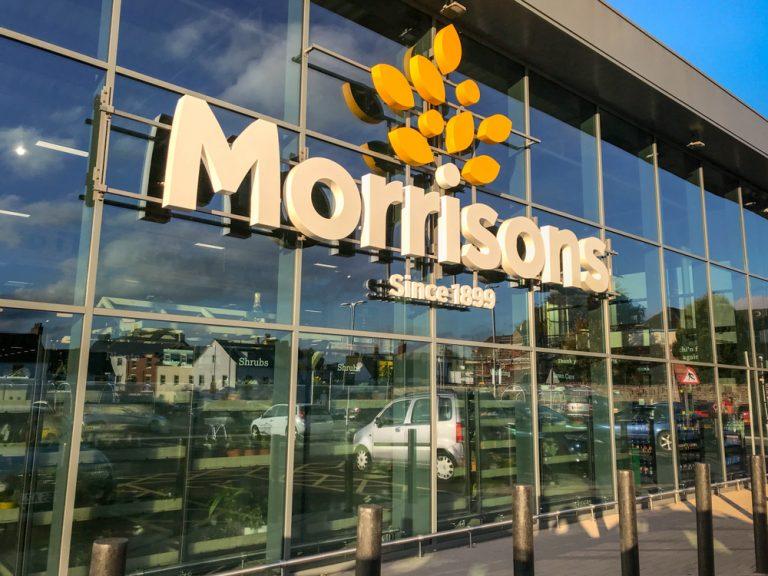
WM Morrison Supermarkets PLC (LON: MRW) have updated shareholders about the potential appointment of a new Chief Executive Officer.
Shares of Morrison’s trade at 192p (-1.63%). 4/12/19 12:16BST.
Morrison’s have had a slightly better trading time in 2019, compared to rivals. In May, the firm saw it shares in green alluding to increases in like for like sales, excluding fuel by 2.3%. However, the firm cited the political and economic uncertainty which drained consumer confidence.
Following this, in September the firm once again gave an impressive update which saw its pretax profits rise by 5.3% to £198 million. Again, the firm reiterated the cloudy nature of Brexit as a hinderance to business amid tough market conditions.
The firm today announced that finance chief, Trevor Strain was in poll position to take over as CEO, taking the reins from David Potts.
The promotion will be Strain’s second in 13 months, and he joined Morrisons in 2009. He was appointed CFO in 2013, and took the group commercial director role in October 2018.
In his new role as COO, Strain will continue to report into Potts. Strain’s responsibilities will include commercial, manufacturing, supply chain, logistics, operations development, online and wholesale.
Strain will be succeeded as finance chief by Michael Gleeson, currently Morrisons’ trading director responsible for ambient grocery, frozen, dairy, fuel and services.
“These two appointments are a result of strong management development plans at Morrisons,” said Potts.
The big supermarkets have seen a tough time of trading, and a combination of stiff competition, poor trading and political tensions have contributed to the slump.
Looking at a few individual cases, it is clear to see the gloomy nature of the UK supermarket retail industry.
At the start of November, Sainsbury’s saw their profits take a hit. The firm revealed figures that saw underlying profit before tax decline by 15% to £238 million, compared to the £279 million figure recorded for the same period the year prior.
However, Sainsbury’s did seem to take steps to cut this poor performance short as the firm agreed a wholesale deal with Australian retailer Coles which pleased shareholders.
Additionally, Marks and Spencer were the next victim to fall to the slump. The firm saw a crash in trading in November, which reported figures which led to mass store closures across the country,
Following competition from overseas firms such as Aldi and Lidl, Tesco had to go to non price competition methods, with the release of their ClubCard Plus which gives further discounts at the price of £7.99 per month.
Certainly, the supermarket industry has seen its slumps. Where the Big 4 are losing ground, overseas competition have made this ground up. Certainly, British supermarkets will hope that fortunes will switch as the festive period approaches which is normally a fruitful time for retailers.
